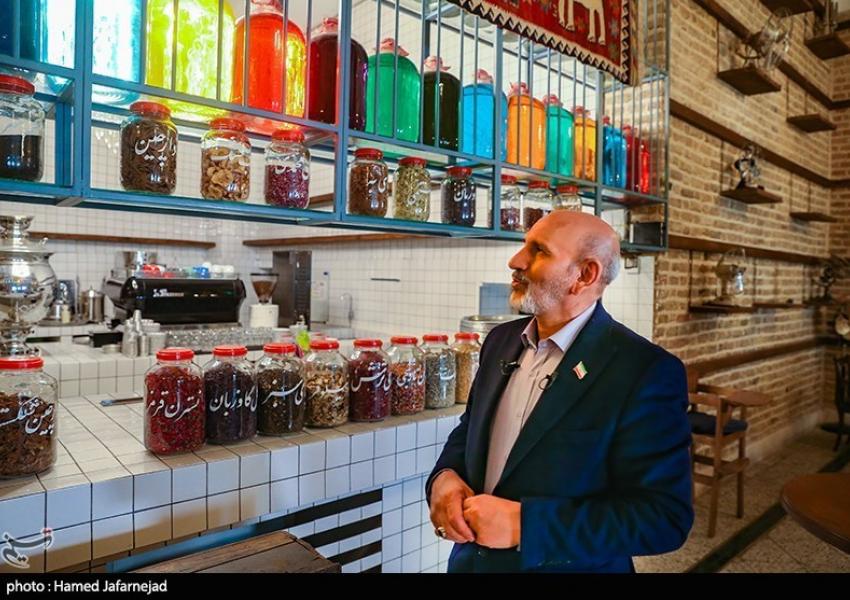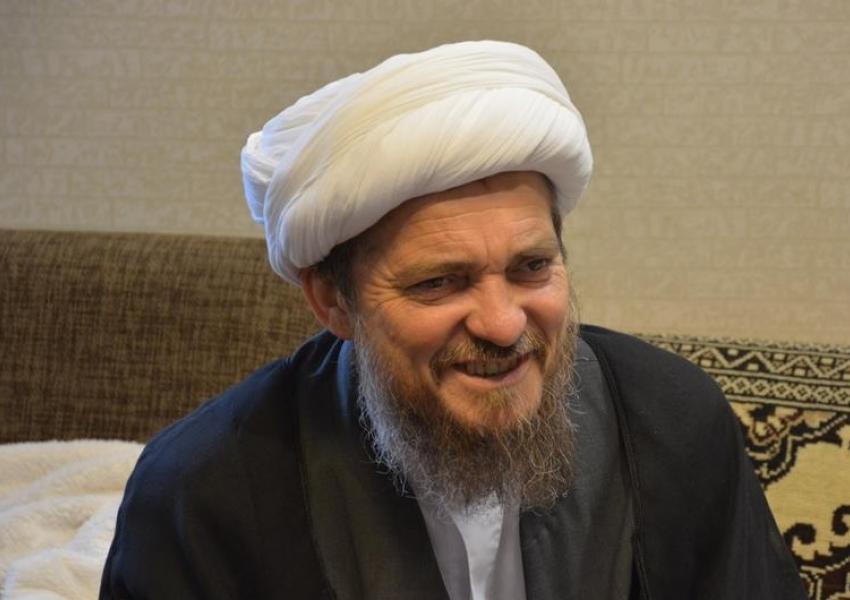
Top Doctors In Iran Oppose Motion To Recognize ‘Islamic’ Medicine
Dr Mohammad-Reza Zafarghandi, Chairman of Iran’s Medical Council, has voiced concern on at a motion in parliament to give official status to traditional medicine, dubbed "Islamic-Iranian medicine." Zafarghandi tweeted that the proposal for an Islamic-Iranian organization was "worrying" and would "cause unscientific meddling in medical affairs and…ruin Iran's scientific image in international organizations."
The Medical Council, a licensing and regulatory body dating back to 1956, is one of the country’s oldest non-governmental trade associations. The motion from 26 lawmakers, which was submitted to the parliament's presidium on March 17, calls for a "legally recognized organization" under the supervision of the health ministry to regulate the work of practitioners of traditional medicine.
The Health Ministry in June 2020 announced that students of medicine, dentistry and pharmacology should take courses in ‘Islamic medicine,’ which is rooted in ancient Greek medicine, traditional herbal remedies, and prescriptions noted by the Prophet Muhammad and Shiite Imams, particularly the sixth Imam Ja'far ibn Muhammad. The 10th-11th century Persian physician Ibn Sina, known as Avicenna in Europe, is widely regarded as the founder of early modern medicine with his work widely translated. While his mausoleum in Hamedan is a tourist attraction, his herbal remedies remain influential.

A controversian cleric, Abbas Tabrizian who is an ardent promoter of 'Islamic' medicine.
In November, Reza Malekzadeh wrote a letter resigning as deputy health minister for research in protest against Health Minister Saeed Namaki’s management of Covid-19. Malekzadeh also criticized the minister's incorporation of traditional medicine in the healthcare system.
Hardliners and media close to the Revolutionary Guards accused Malekzadeh of opposing a call from Ali Khamenei, the Supreme Leader, for promoting ‘Islamic medicine.’ Malekzadeh ‘s critics said he wanted to use Covid-19 patients for testing unproven foreign-made medicines.
In January 2020, a cleric named Abbas Tabrizian, who claims expertise in ‘Islamic medicine,’ outraged medics by burning Harrison's Manual of Medicine, a textbook used in universities. Tabrizian claimed that ‘Islamic medicine’ made such books irrelevant. Some Iranians shared videos of the book-burning on social media, purportedly in outrage. Tabrizian also prescribed inserting a cotton ball soaked in violet oil in the anus before sleep to ward off Covid.
Religious seminaries joined medics in condemning Tabrizian’s book-burning. The Management Center of Iranian Seminaries in a statement on January 25 called it "an obscene and ignorant act." But religious authorities and the government did not stop the cleric who continued making potentially dangerous medical recommendations.
In a widely circulated video clip in February 2020, Hossein Ravazadeh, known as "the Father of Islamic Medicine in Iran," told people to drop oil extracted from bitter melons in their ears every night to prevent "all obnoxious creatures" from entering their body. In Iran where traditional apothecaries are found at every corner, both the dried, apple-sized bitter melon (also known as bitter gourd, bitter apple, vine of Sodom and bitter cucumber) and its oil are readily bought.
In April 2020 as the pandemic picked up speed, a video clip showing Mehdi Sabili, Chairman of the Prophetic Medicine Society, drinking camel urine as protection against deadly viruses went viral on social media. In Saudi Arabia, Iraq and Jordan, where camel meat and milk are popular, drinking camel urine is believed to cure ailments, but the belief is not uncommon in pastoral societies.









